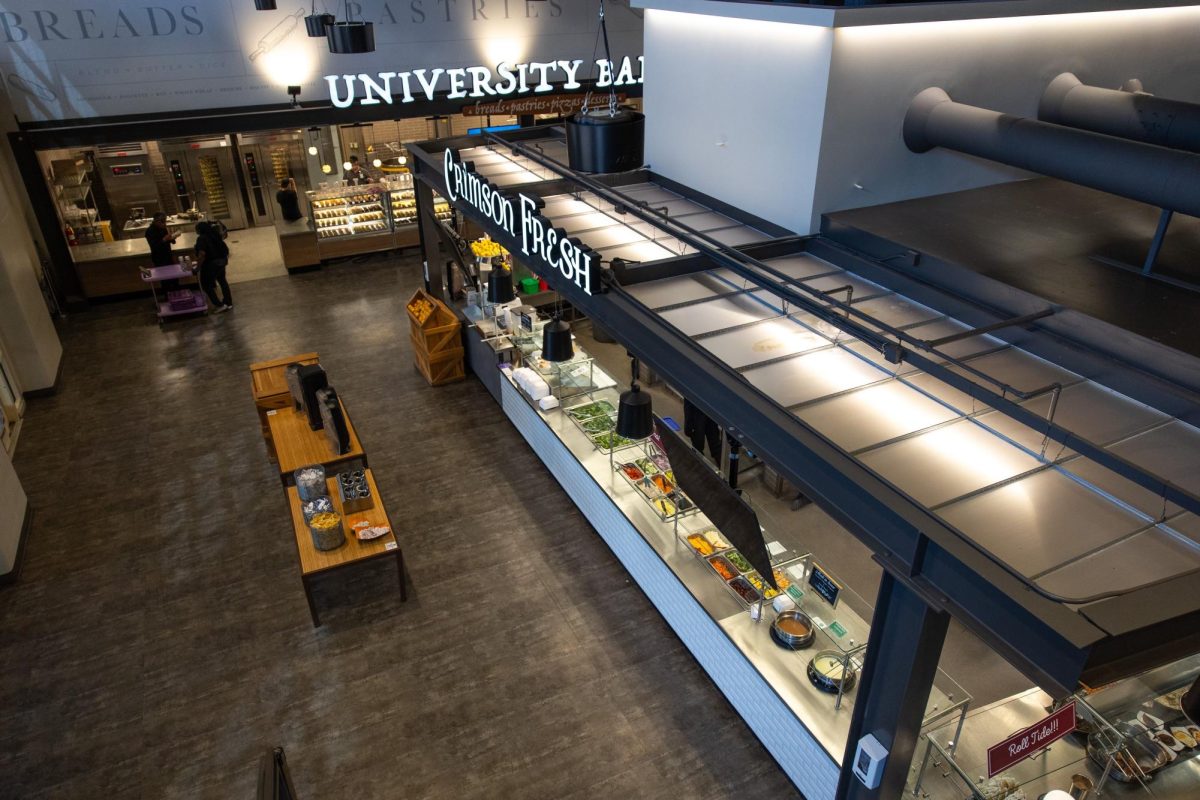In short: “Even though the Dining Dollars lawsuit may be frivolous, it is time for the University to seriously consider new options for campus food services.”
Three class action lawsuits filed against The University of Alabama, the University of Alabama at Birmingham, and Auburn University for imposing mandatory fees for Dining Dollars seem frivolous. While Dining Dollars are an inconvenience for some students, they are converted to Bama Cash at the end of each term, and students can choose to be issued a check for their Bama Cash balance when they graduate.
Furthermore, they are also an added convenience for many students who grab Starbucks on the way to class in the morning or stop by the Ferg for lunch. They are especially helpful for freshman not familiar with managing money, because Dining Dollars gives them $300 specifically designated for food.
However, the Dining Dollars program would likely not be as controversial if they were accepted at more locations. Going forward, the University and Aramark, the contractor that administers Dining Dollars, should make a more aggressive effort to increase the number of vendors that accept them.
If Dining Dollars were more widely accepted, students would have more freedom in deciding where to use them. This would likely make students more willing to pay $300 at the beginning of every semester.
Expanding Dining Dollars may require reducing the exorbitant fees merchants who accept Dining Dollars are charged. According to the lawsuit, vendors have to pay between 15 and 26 percent of each Dining Dollars sale in order to use the program.
These fees drive up the cost of food in order to benefit The University of Alabama and its contractor, who are already supported by our tuition dollars and meal plans.
This issue also brings up the University’s relationship with Aramark. The Board of Trustees contracted Aramark to handle food services on campus 14 years ago. Since then, our campus has grown tremendously even as our dining services have been overwhelmed.
Several dining halls are now so crowded it is impossible for students to eat between class times. Students are forced to buy meal plans their freshman year, but dining options on campus have been consistently dwindling. The restaurant on the second floor of Lakeside Dining Hall, for instance, has been three different enterprises in the last three years. Aramark has yet to find a sustainable business model that meets student needs.
It is time for the University to consider other options. The lawsuit against Dining Dollars may be frivolous, but dining options on campus could definitely be improved.
Our View is the consensus of the editorial board.








